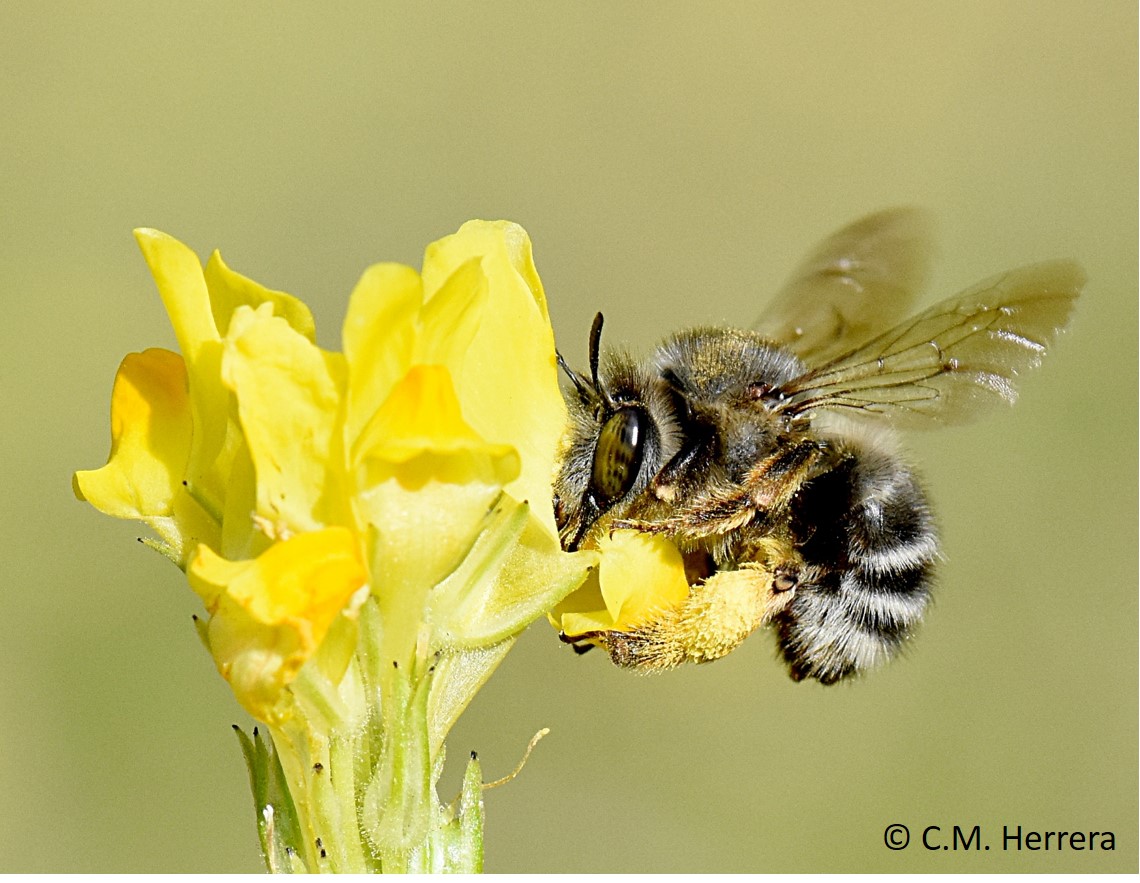Evidence for pollinator declines largely originates from mid-latitude regions in North America and Europe. Geographical heterogeneity in pollinator trends combined with geographical biases in pollinator studies can produce distorted extrapolations and limit understanding of pollinator responses to environmental changes. In contrast with the declines experienced in some well-investigated European and North American regions, honeybees seem to have increased recently in some areas of the Mediterranean Basin. The Mediterranean Basin is home to approximately 3300 wild bee species, or approximately 87% of those occurring in the whole western Palaearctic region. Because honeybees can have negative impacts on wild bees, it was hypothesized that a biome-wide alteration in bee pollinator assemblages may be underway in the Mediterranean Basin involving a reduction in the relative number of wild bees. This hypothesis was tested using published quantitative data on bee pollinators of wild and cultivated plants from studies conducted between 1963 and 2017 in 13 countries from the European, African and Asian shores of the Mediterranean Sea. The density of honeybee colonies increased exponentially and wild bees were gradually replaced by honeybees in flowers of wild and cultivated plants. The proportion of wild bees at flowers was four times greater than that of honeybees at the beginning of the period, the proportions of both groups becoming roughly similar 50 years later. The Mediterranean Basin is a world biodiversity hotspot for wild bees and wild bee-pollinated plants, and the ubiquitous rise of honeybees to dominance as pollinators could in the long run undermine the diversity of plants and wild bees in the region. informacion[at]ebd.csic.es: Herrera (2020) Gradual replacement of wild bees by honeybees in flowers of the Mediterranean Basin over the last 50 years. Proc Royal Society B 287(1921). Doi 10.1098/rspb.2019.2657
https://royalsocietypublishing.org/doi/10.1098/rspb.2019.2657

 Las altas temperaturas están provocando que las lagunas y las marismas de Doñana pierdan agua rápidamente
Las altas temperaturas están provocando que las lagunas y las marismas de Doñana pierdan agua rápidamente




